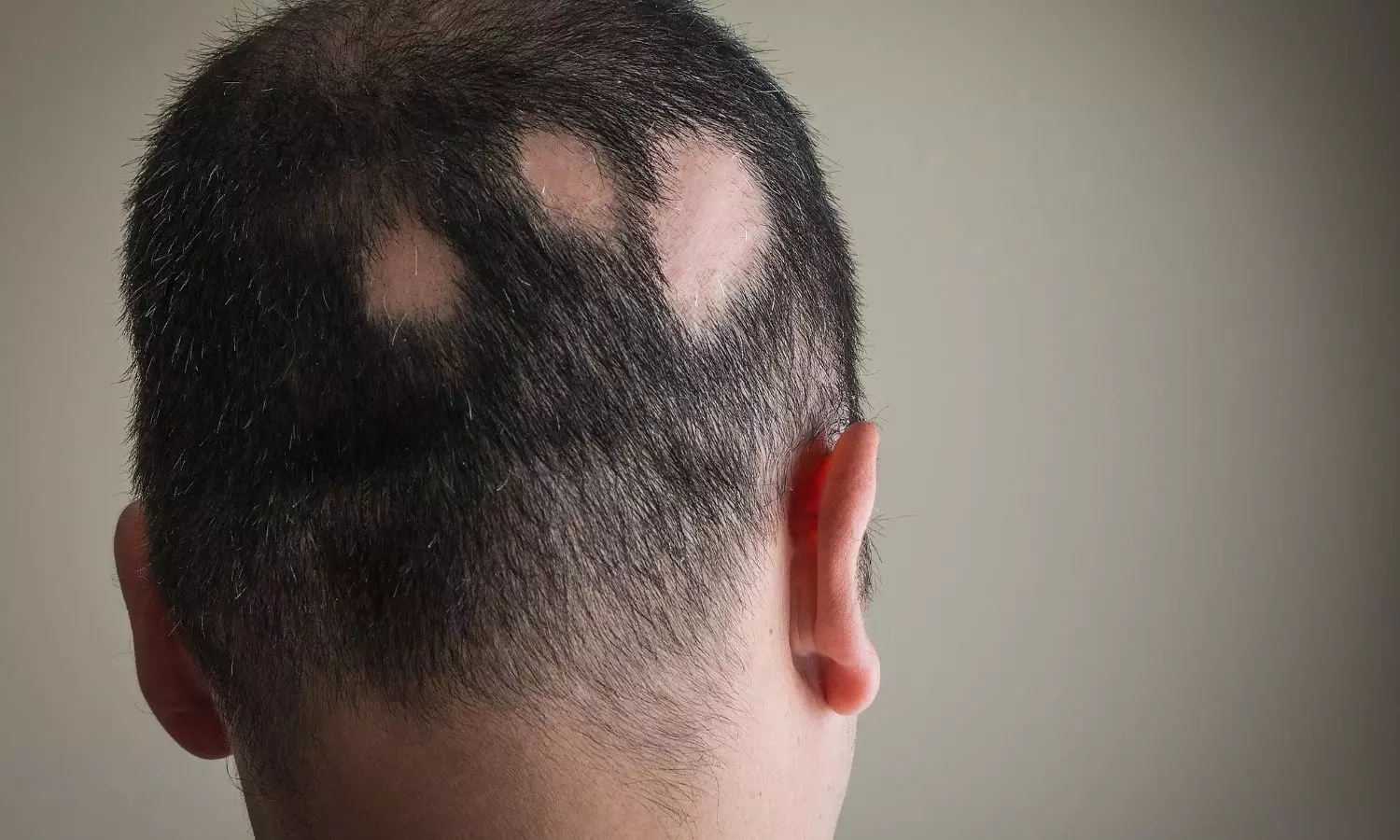Study Confirms Strong Link Between Celiac Disease and Alopecia Areata

USA: A recent multicenter case-control study published in the Journal of the American Academy of Dermatology has provided robust evidence supporting a significant association between celiac disease (CD) and alopecia areata (AA). Leveraging a large sample size, the research strengthens a connection that has been long suspected but previously underexplored due to limited data.
“The strong association identified, despite potential inaccuracies in large, automatically compiled databases, reinforces the long-held suspicion of a link between celiac disease and an increased risk of alopecia areata,” the researchers wrote.
Celiac disease, an autoimmune condition triggered by gluten, affects the small intestine and often presents with gastrointestinal and systemic symptoms. Alopecia areata, another autoimmune disorder, leads to patchy hair loss and, in some cases, complete baldness. While the coexistence of these two conditions has been anecdotally observed, Rashwan Alameddine, MS. Texas A&M University College Station, Bryan, Texas UNITED STATES, and colleagues seek to explore the possible connection between celiac disease and the occurrence of alopecia areata following its initial diagnosis.
For this purpose, the researchers conducted a case-control study using TriNetX to analyze data from 509,910 patients with celiac disease and 622,747 control participants, comparing their risk outcomes for alopecia areata.
Based on the study, the researchers reported the following findings:
- The analysis included 495,211 patients with celiac disease and 495,112 controls.
- Patients with CD were found to have an increased risk of developing alopecia areata.
- The odds ratio for developing alopecia areata in CD patients was 1.25.
- The association was statistically significant with a p-value of <0.0001.
This study has several limitations, including its focus on the United States population, potential errors in charting, misdiagnoses, and inaccuracies in assigning ICD codes to patient records, as TriNetX relies on AI to extract patient data.
“Despite these limitations, the large sample size used in this study strengthens the evidence for a previously suggested association but not well established. The significant degree of association observed, even with the potential errors inherent in large, automatically compiled databases, reinforces the long-held suspicion of a link between celiac disease and an increased risk of alopecia areata,’ the researchers concluded.
Reference:
Alameddine R, Ahmad N, Alam Z, Pacha O. Celiac Disease Associated with Alopecia Areata: A multicenter case control study. J Am Acad Dermatol. 2024 Nov 20:S0190-9622(24)03227-4. doi: 10.1016/j.jaad.2024.11.023. Epub ahead of print. PMID: 39577700.



